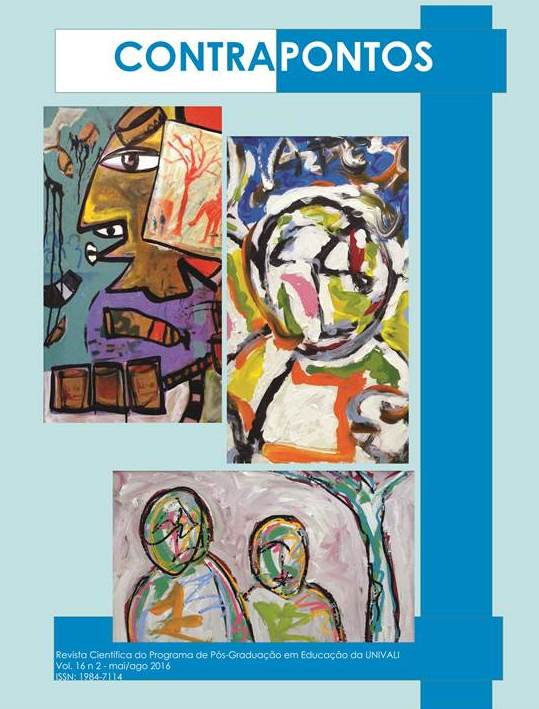

Este artículo presenta un ensayo sobre el desafío ético y político de la educación ambiental en relación con nuestro mundo fragmentado, en busca de sentido y pertenencia. Las siguientes preguntas orientan la discusión: ¿Cómo puede contribuir la educación ambiental a la construcción de nuestras identidades personales y colectivas, y de esa forma mejorar nuestra relación con el mundo? ¿Cómo se puede fomentar el compromiso con la solución de los problemas sociales y ecológicos y la innovación ecosocial para la transformación de nuestras sociedades? En ese sentido, ¿cómo puede la educación ambiental inspirar la acción ecociudadana, basada en la democracia participativa, la justicia y la equidad ambiental? Por último, ¿cómo puede ella estimular la vigilancia y la crítica social con el fin de influir en las políticas públicas relacionadas con temas ambientales, sociales, incluidas las políticas en materia de educación?






A CONTRAPONTOS é uma publicação reconhecida pela área da Educação, seriada, arbitrada e dirigida prioritariamente a uma comunidade acadêmico-científica. Vem circulando nacionalmente desde 2001.

